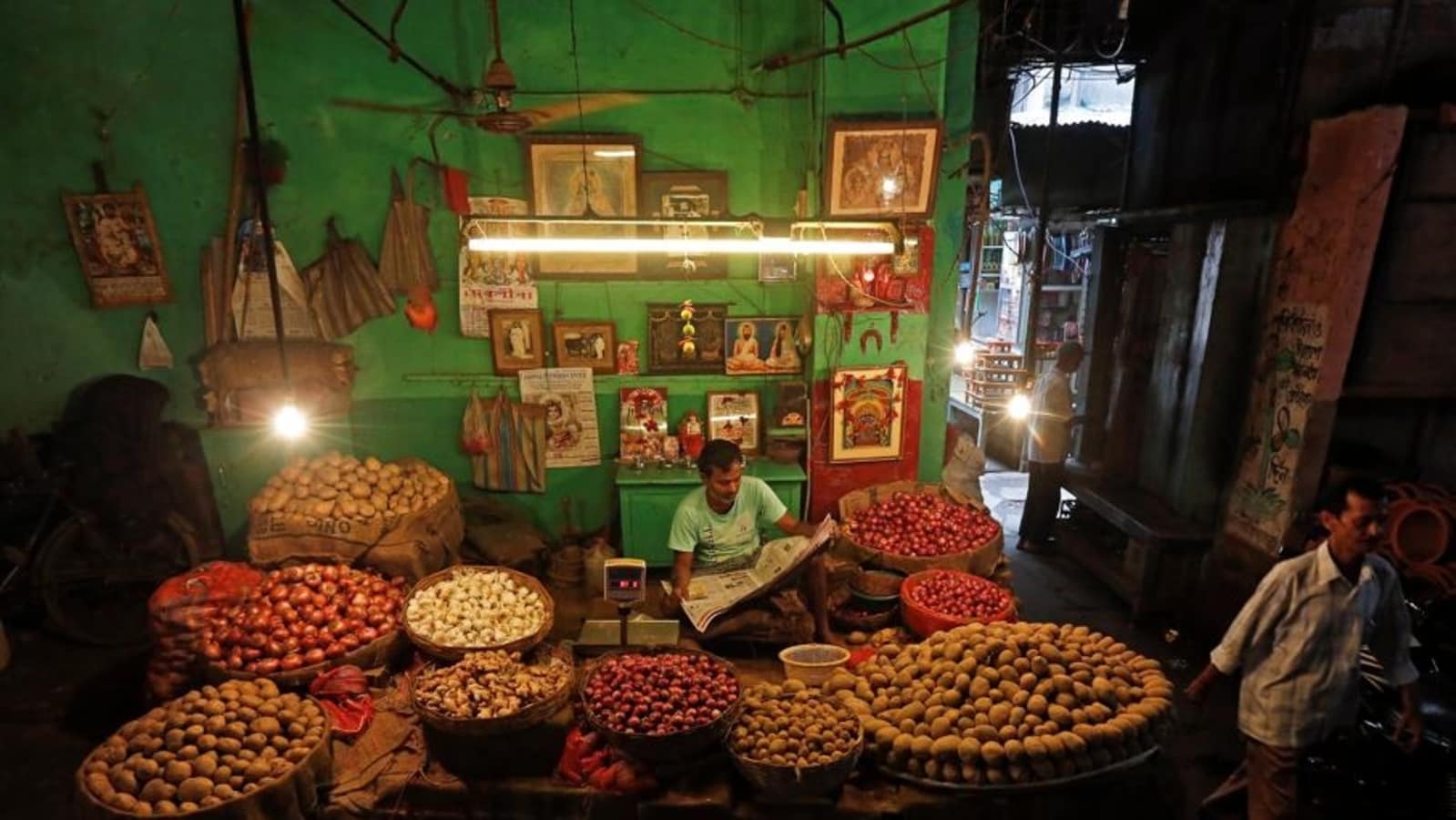For FY25, JSW Steel has set aside Rs 20,000 crore for capital expenditures (capex) because it anticipates a healthy fiscal year with continued economic growth and robust steel demand. The company spent Rs 17,000 crore on capital expenditures in the previous year.
According to joint MD and CEO Jayant Acharya, the steel company, which is led by industrialist Sajjan Jindal, also plans to phase out thermal coal consumption eventually and use it as little as possible. “We have approvals to build the pellet plant in Odisha and to finish the JSW Vijayanagar Metallics (JVML) slurry pipelines, for which 22 km have already been laid,” he added.
JSW Steel is also making a significant wager on renewable energy in order to minimize and eventually phase out the use of thermal coal. A total of 1,600 MW of renewable energy capacity will be installed in the coming years by the group company JSW Energy. The 600 MW of wind capacity is anticipated to begin operations gradually, and about 400 MW of wind and 200 MW of solar capacity will be commissioned at Vijayanagar, in addition to the current 225 MW presently working.
This year, Dolvi and Salem will add another 130 MW of renewable energy capacity to their portfolio. JSW Steel’s prognosis for FY25 appears positive, helped by volumes from JVML and BPSL phase-II expansions, which will partially take effect this year and fully in FY26.
Given that coking coal prices are predicted to drop by $20–$27 per tonne, we anticipate an increase in Ebitda per tonne driven by lower raw material costs. If the pricing are kept in Q2, that would be even more advantageous.
Enhanced productivity and increased global steel prices, which peaked in Q4, would also be beneficial. The increased costs for coking coal in Q4 had an influence on the margins, but they will rebound in the upcoming quarters as well. However, India should be concerned about continuing imports from China as well as the global economic and geopolitical issues that exist, he added.

